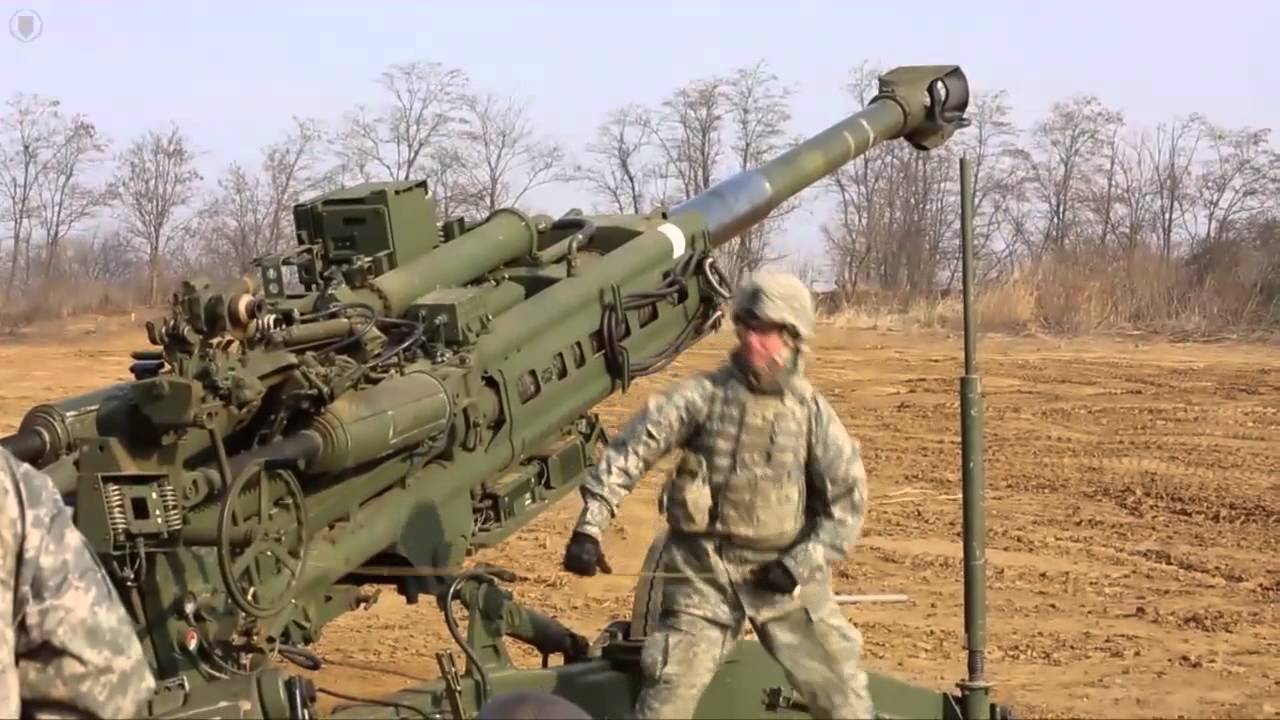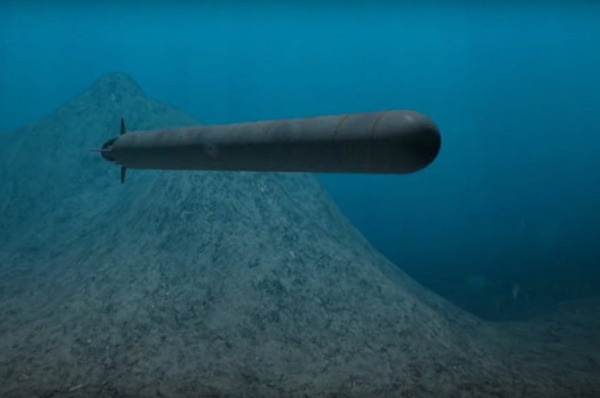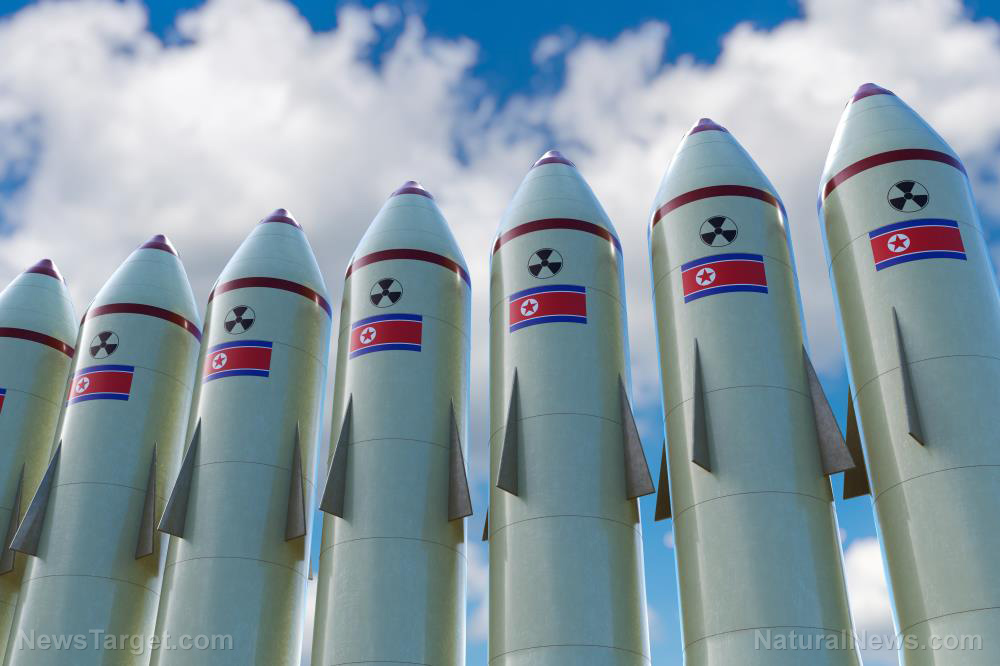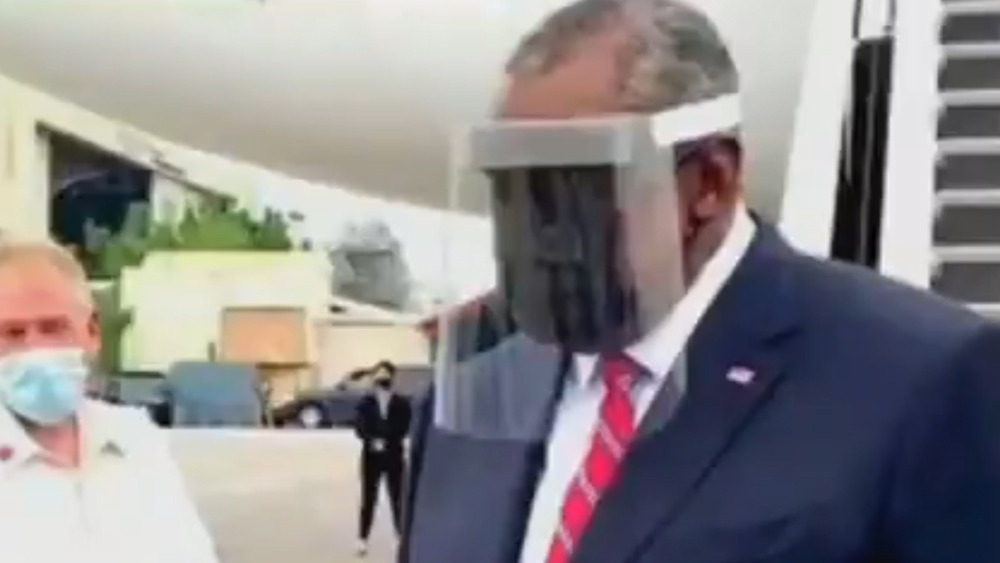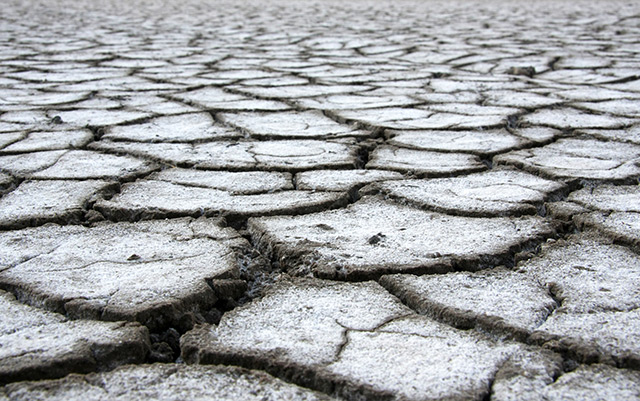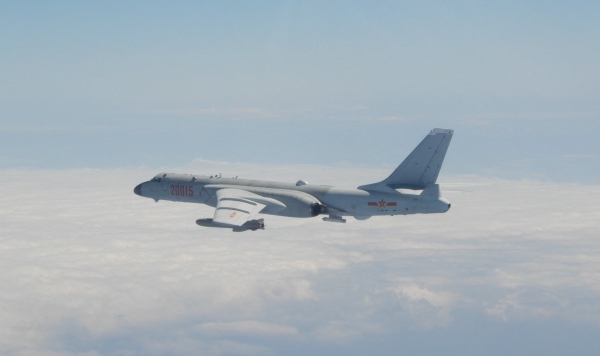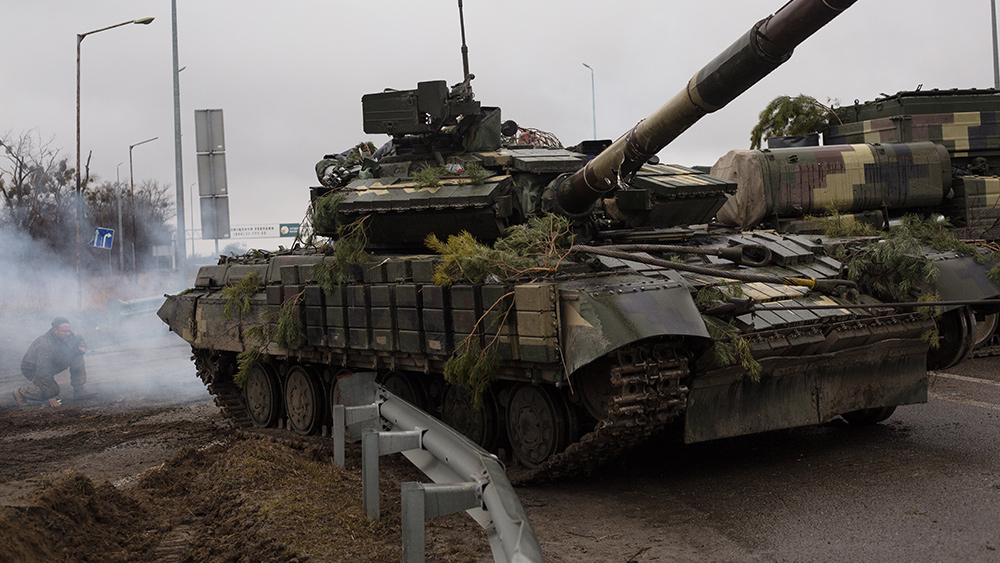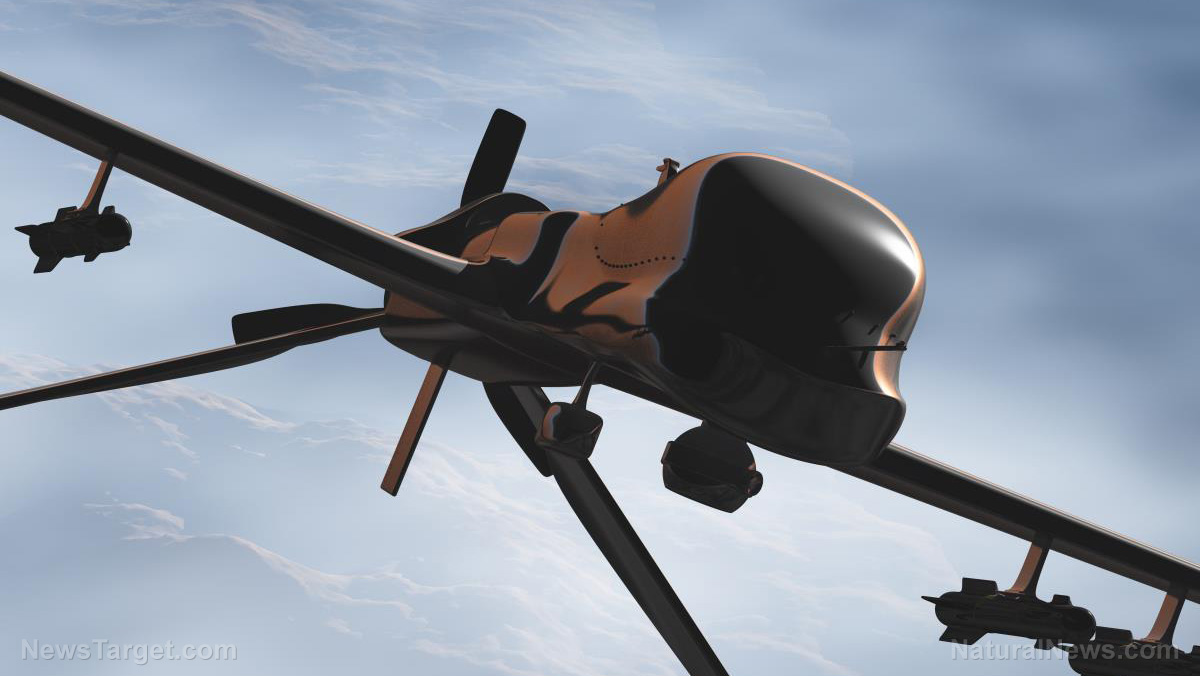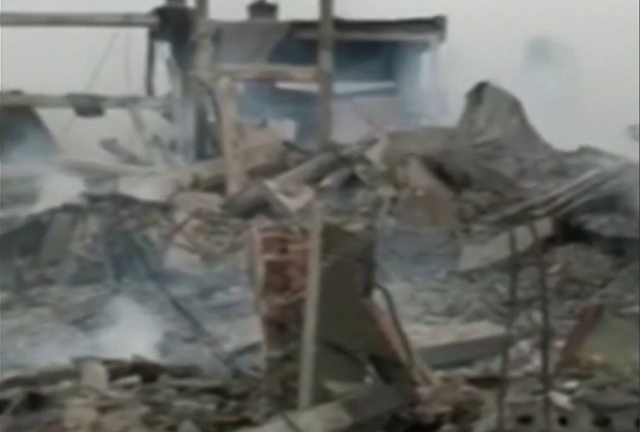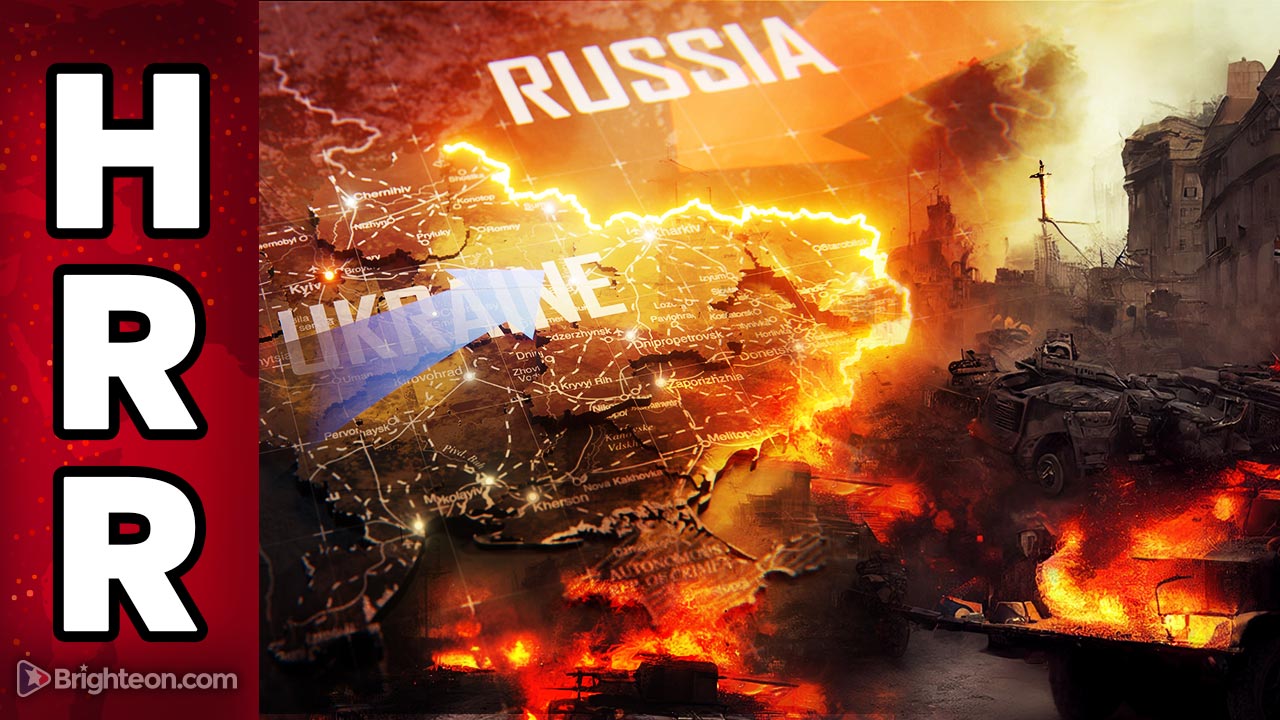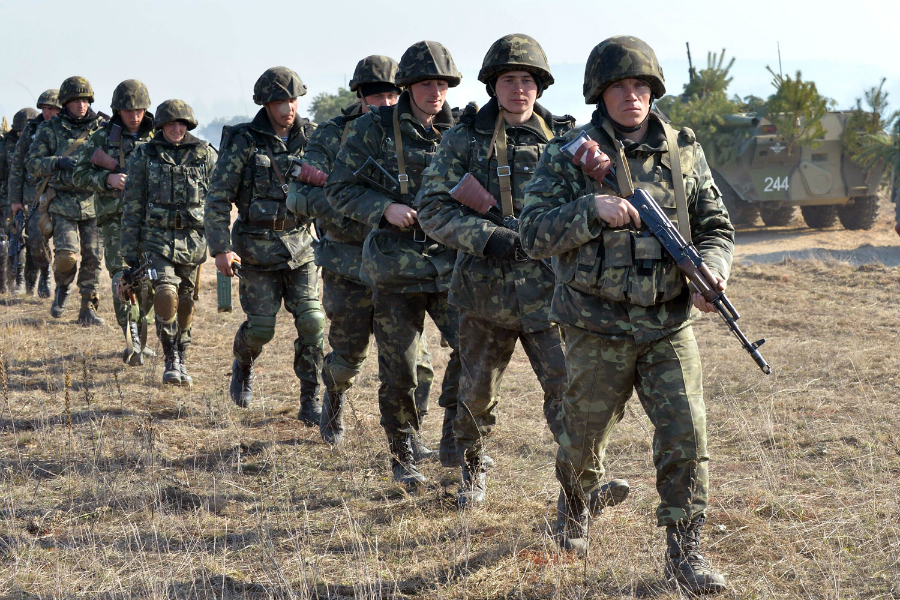Putin vows to boost size of Russian army to 1.5 million personnel in preparation for escalating war with NATO
01/19/2023 / By JD Heyes
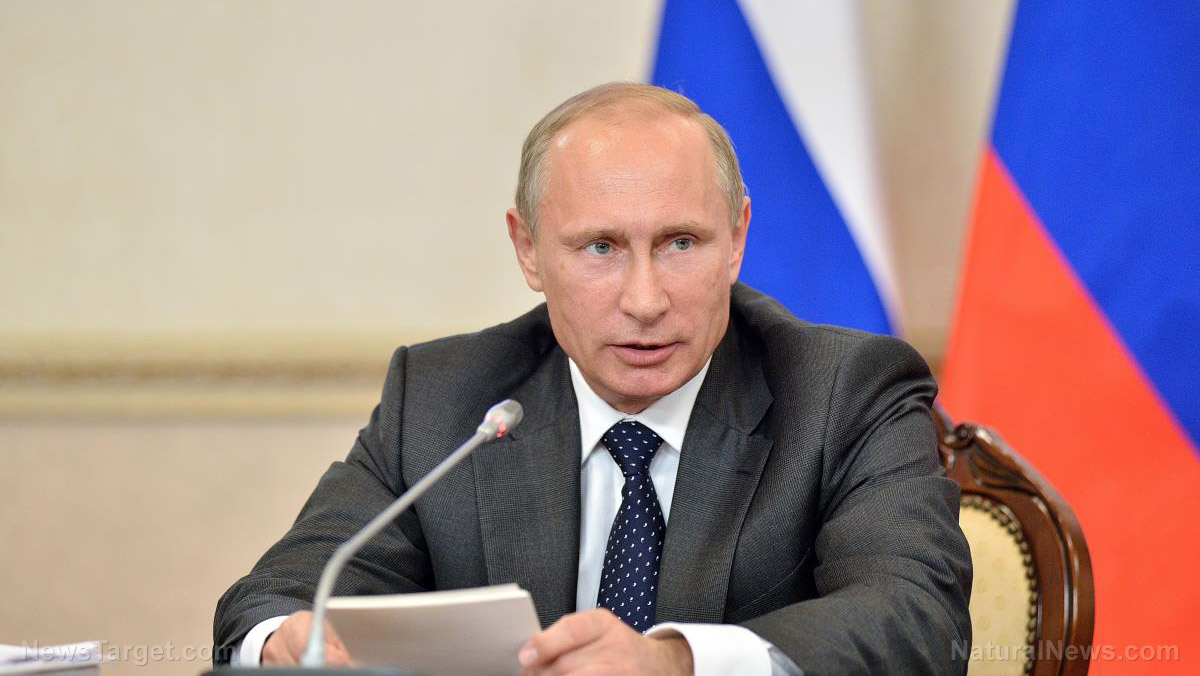
Before Russian President Vladimir Putin ordered his forces into Ukraine nearly a year ago, he amassed some 140,000 troops and enough equipment and supplies to sustain them in the field for around six months, according to reports.
By the end of May, however, and after NATO — mostly the United States — began sending modern weapons to the outgunned but stubborn Ukrainian military, Putin realized that his forces were in for a slog. Not much ground had been taken, comparatively speaking, few of the operation’s initial objectives had been met, and his army was a long way from the capital of Kyiv. What’s more, the army he sent into Ukraine was bleeding badly, losing far more personnel than anyone in his high command had estimated.
Toward the end of the fall, Putin ordered an additional 300,000 personnel to be mobilized, most of whom were bound for the fighting in Ukraine. But after losing more than 115,000 soldiers killed and perhaps double that wounded, according to reporting, the Russian president is going all-in with a general mobilization that will see the size of the Russian army swell to around 1.5 million. “The target strength was proposed by the Defense Ministry in December,” Russia Today reported this week.
Meanwhile, Russian officials have accused the U.S. and NATO of fighting a proxy war against Moscow by funneling weapons and ammunition into Ukraine by the tens of billions of dollars.
“The proxy war includes elements of indirect participation in military action, elements of economic war, financial war, lawfare,” said a Kremlin spokesman, Dmitry Peskov.
The Russian news outlet continued:
Defense Minister Sergey Shoigu suggested increasing the number of Russian troops in active military service to 1.5 million during a ministerial meeting on December 21, which was attended by President Vladimir Putin. He said career soldiers and officers serving under a contract should comprise roughly 695,000 of the number, with the rest enrolled through conscription.
During a Defense Ministry meeting on Tuesday, Shoigu said the increase and certain other military changes are planned to take place between 2023 and 2026. The measures are needed “to ensure the military security of the nation, defend the [formerly Ukrainian] new [federal] subjects and critical objects of the Russian Federation,” the minister said.
According to The Hill, Shoigu also said that two new military districts would be reformed in Moscow and St. Petersburg after they were disbanded in 2010. And he said that a full army corps would be formed in the Republic of Karelia along Russia’s border with Finland, as The Wall Street Journal noted.
“Only by strengthening the key structural components of the Armed Forces is it possible to guarantee the military security of the state and protect new entities and critical facilities of the Russian Federation,” Shoigu said.
It should be noted that neither Ukraine nor NATO has any designs on one foot of Russian soil; rather, the ‘war’ plan extends to ejecting Russian forces from Ukrainian soil, and that’s it.
That said, top U.S. commanders have warned that while Russian troops may be tied down in Ukraine, some of Moscow’s best nuclear-armed submarines continue to keep the U.S. and NATO at bay, according to Business Insider.
“A year of renewed fighting in Ukraine has depleted and embarrassed Russia’s air, ground, and naval forces, but one component of Russia’s otherwise struggling military — its submarines — still worries US commanders,” the report noted. “Submarines are a relative bright spot in Russia’s recent naval modernization efforts, especially the Severodvinsk-class subs that US officials say are hard to detect and capable of striking important targets in Europe and the US.”
Rear Adm. Michael Studeman, commander of the Office of Naval Intelligence, said at an Intelligence and National Security Alliance event last week that the Russians “have more advanced capabilities with their Severodvinsk SSGN. There are three of those out there now and they’ll be building more.”
Sources include:
Submit a correction >>
Tagged Under:
finland, military districts, military losses, military personnel, military tech, personally losses, personnel, Republic of Karelia, Russia, Russian army, Russian Federation, struggling military, Ukraine, Ukraine war, Ukrainian soil, weapons tech, WWIII
This article may contain statements that reflect the opinion of the author
RECENT NEWS & ARTICLES
COPYRIGHT © 2017 WEAPONSTECHNOLOGY.NEWS


